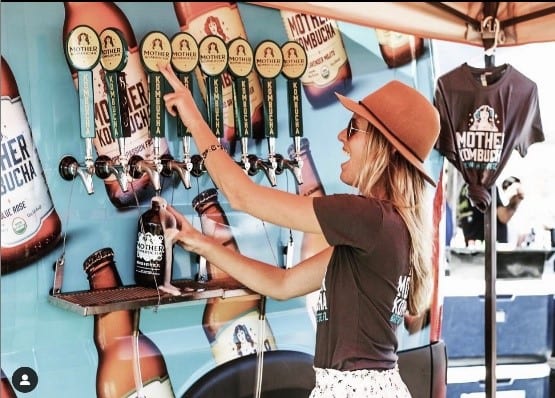Team Culture Is Not About T-shirts…It’s about Cohesion-with-a-Purpose
Although I’m a social scientist, my advisory work doesn’t focus narrowly on team organization and organization design for fast-growing startups. I’m honestly still learning and continue to read the research on this space (so you don’t have to!). But one thing I can tell you from my professional training alone: cohesive (i.e., functional) social groups don’t depend on some hero founder. A guru-driven community can exist and be functional. Still, these groups are almost always inner-directed, separate from the ordinary world, fused by a shared interest in the guru offers (usually just words).
If this doesn’t sound like a CPG startup, you’re on to something! Your team is actually trying to get something done in the external world. Startups are other-directed, hopefully, directed at serving the end consumer above all else. This requires a very different kind of cohesion, not one built around a guru/hero founder. In fact, your team should be so cohesive and functional, nothing bad should happen to business operations if your ‘founders’ went into a coma for six months. Well, maybe that Series A would get delayed, yes, but that should be about it.
Yes, you read that correctly. If your team is truly cohesive, well recruited and functional, then no one individual is actually necessary at all. Especially the founder.
That’s why I continue to be frustrated by the ‘founder worship’ approach to covering startups in the American media. While it’s cathartic to share one’s journey, founders are less critical than they appear. In America, we tend to over-value the leader-at-the-top as the primary causal agent in highly functioning operational teams. The problem is that there isn’t really any science supporting this bias.
Not long ago, Google’s internal workplace analytics group did some fascinating, quantitative research on its internal working teams (i.e., small-scale work tribes). Here is the summary for you. High performing teams at Google displayed the following socially share traits, not linked to the manager:
- Psychological safety
- Dependability
- Structure and clarity
- Meaning of work
- Impact of work
In a high-performing early-stage consumer brand, where executing the strategy is everything, it’s critical that the team not rely on some authoritarian hero founder. This simply does not work. Early-stage premium consumer brands tend to have an advantage because the consumer-focus infuses the team daily with the “meaning of the work” and “the impact of the work.” This is especially true for brands that commit to aggressive field marketing, even if only in their home market.
The traits above represent a great test of social cohesion for any small-scale group engaged with the external world as their primary function (i.e. not a family or a religious community
